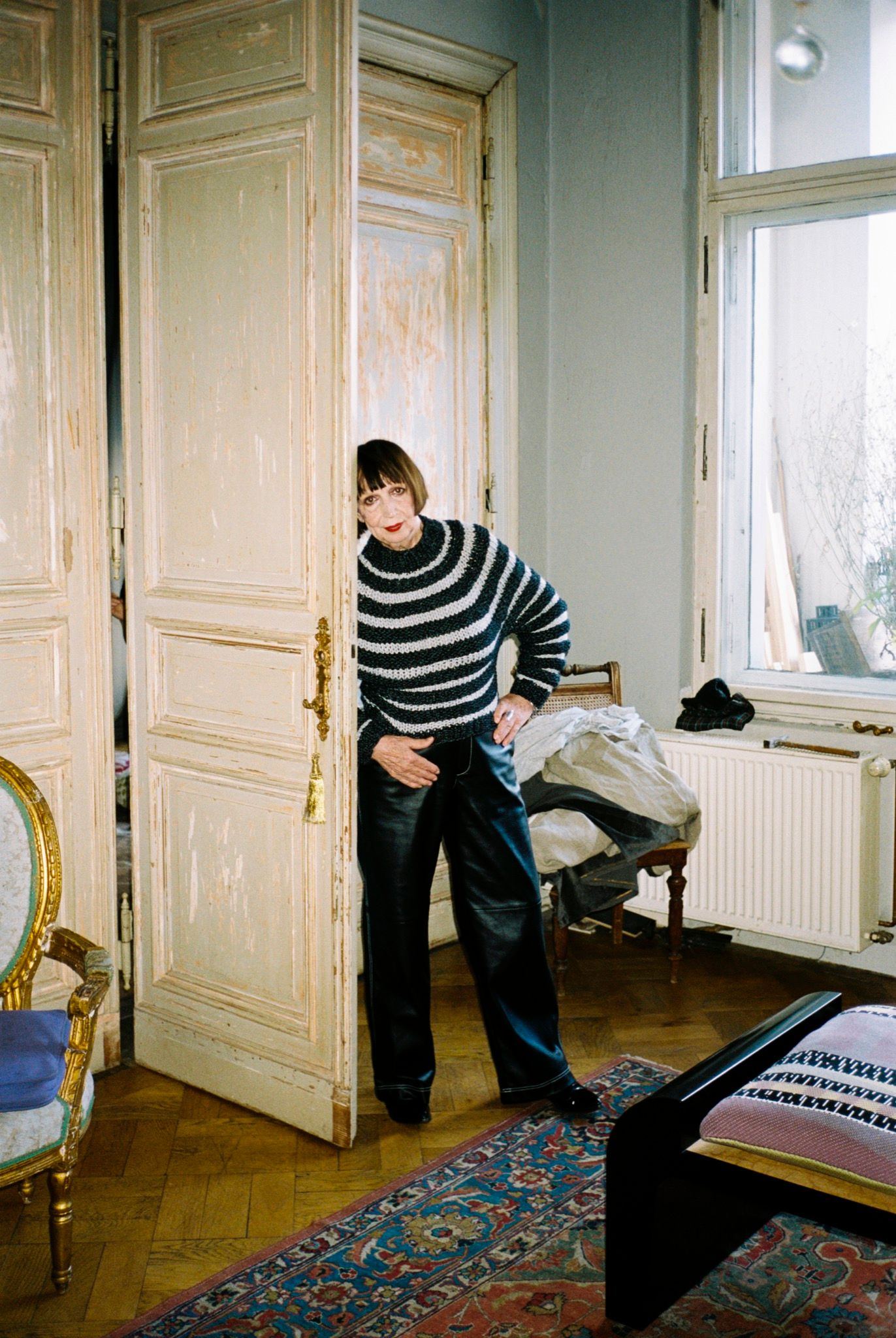VITALI GELWICH’s Boring Book
|Cassidy George

Boredom has, ironically, fascinated writers and philosophers for centuries. It’s been called a “bestial and indefinable affliction” by Fyodor Dostoevsky and the “leprosy of the soul” by Jean-Paul Sartre. Martin Heidegger argued that “profound boredom” is a gateway to metaphysics that reveals truths about “being as a whole.” There is little existential or scientific consensus on whether boredom is an inherently human trait or a uniquely modern affliction, and whether embracing this “tame longing” (Arthur Schopenhauer) is psychologically harmful or creatively helpful for the late capitalist subject. What we can agree on, however, is that our widespread desperation to avoid boredom has led to some of the grimmest realities of the 21st century: the toxicity of the “attention economy” and the tyranny of tech that indulges and increases our need to fill moments of inactivity with consumption and entertainment.
The Russian born, Berlin based photographer Vitali Gelwich is firm in his opinion that a little boredom is good for you. Gelwich has spent the last decade creating evocative fashion images that command attention, but his aptly titled Boring Book, released earlier this month, strays dramatically from the subtly glam and sensual style he is best known for. Unlike his other work, Boring Book celebrates a series of photographs that were created with no client, prompt or performance goals in mind. Its contents were pulled from Gelwich’s personal archive: the byproduct of a snap-happy habit he can’t seem to break. Over three years in the making, Boring Book is a collection of things the photographer found charmingly unremarkable. “I started taking pictures because I wanted to create a library of memories,” Gelwich said. “I wanted to be able to look at them 20 or 30 years from now and remember the people around me, the smell, everything. So this book is a return to my original driving force.”
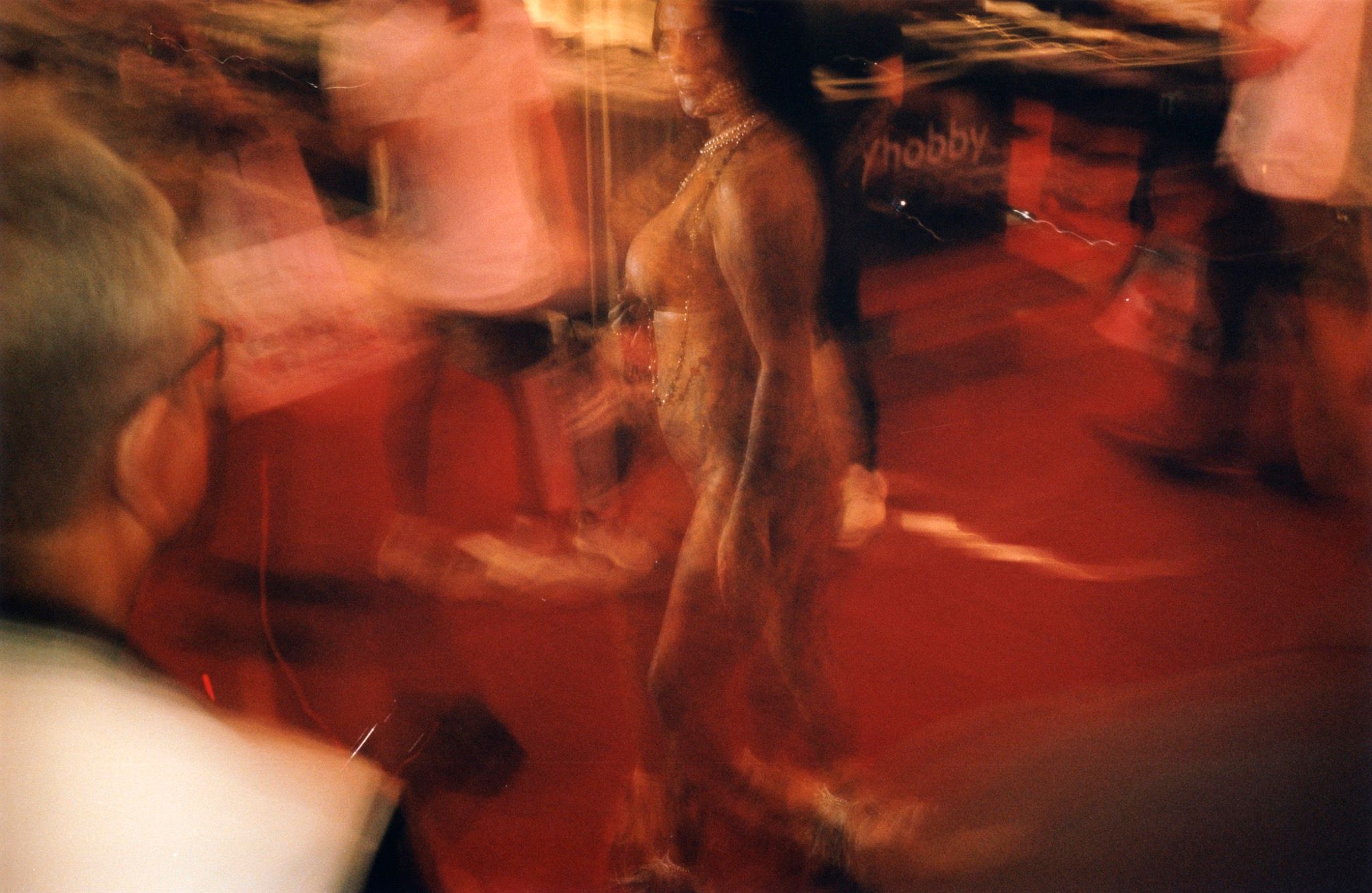
Challenging viewers to see beauty in the mundane and intimacy in the banal, Gelwich creates a self-portrait through still lives and snapshots, inviting viewers into the moments and vantage points that brought him pause. The photos capture scenes that range from universally familiar (pizza crusts, hair clips, wet feet on shower tiles), to sexy and salacious (dildos, a “fuck you” tattooed on someone’s butt cheek, unidentified white globs on naked bodies) and deeply personal, revealing past hospital visits, loving portraits of his production team, and obsessions with things like motorcycles and Twinkie packaging. The retrospective of “mostly unseen, uncommissioned and forgotten memories” are, according to publisher Hatje Cantz, “the purest representation of who Gelwich is and how he perceives the world.”
Boring Book echoes its diaristic visual qualities with an intimate opening text, which touches on Gelwich’s life growing up in the East German superblocks of Fürstenwalde. Gelwich writes about past crushes, working in a supermarket, a brief but “embarrassing” desire to become a DJ, and the 13 years he spent training as a pianist – at his mother’s insistence. “There was no questioning it. I had to play every single day, and I absolutely hated it,” Gelwich said. “There were a lot of tears in that time.” He now attributes much of his success in his field to an industrious work ethic honed at the keyboard as a kid. “My Mom was very Russian about education, very strong and strict. Looking back on it, I realize how key it was in what I am doing today.”
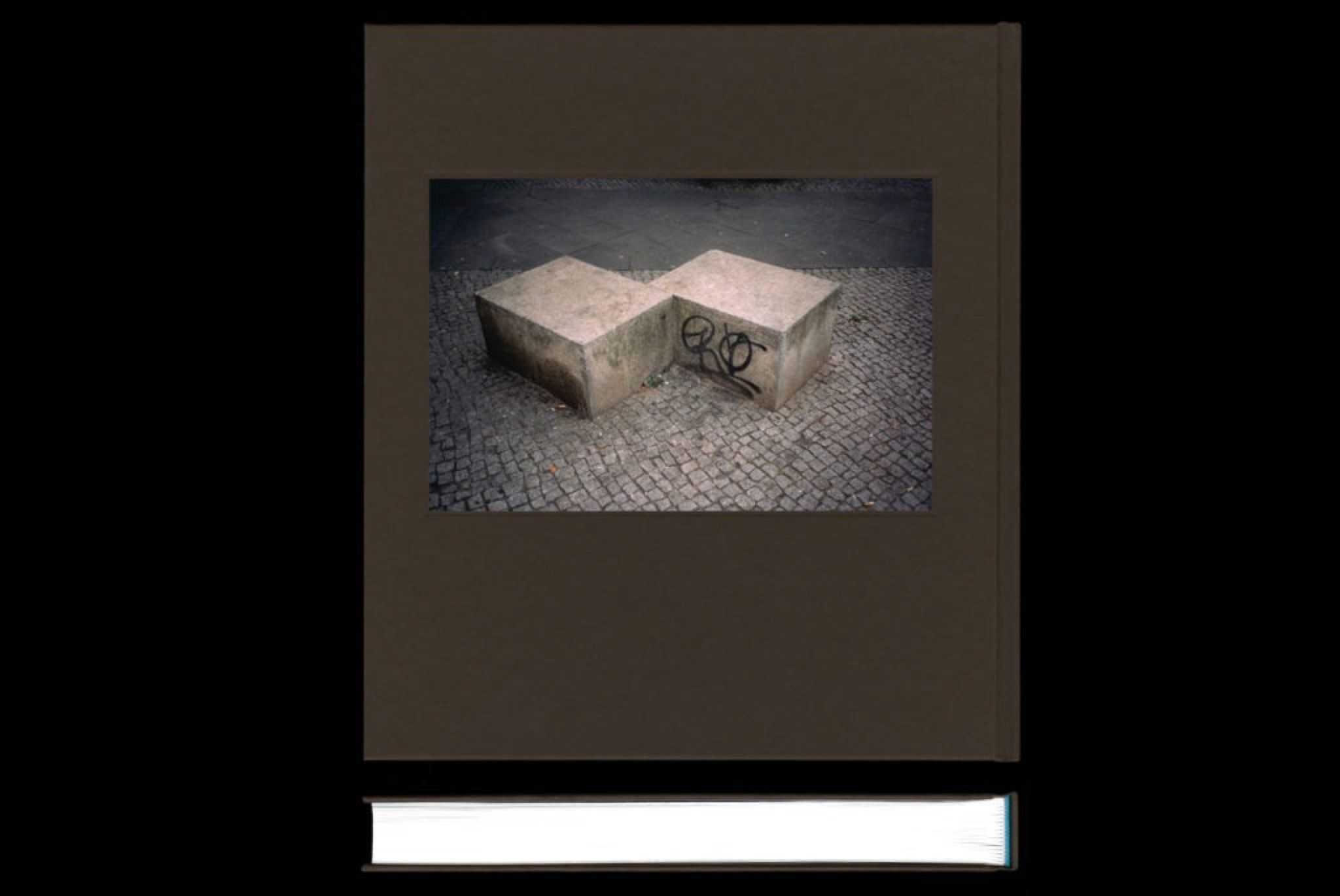
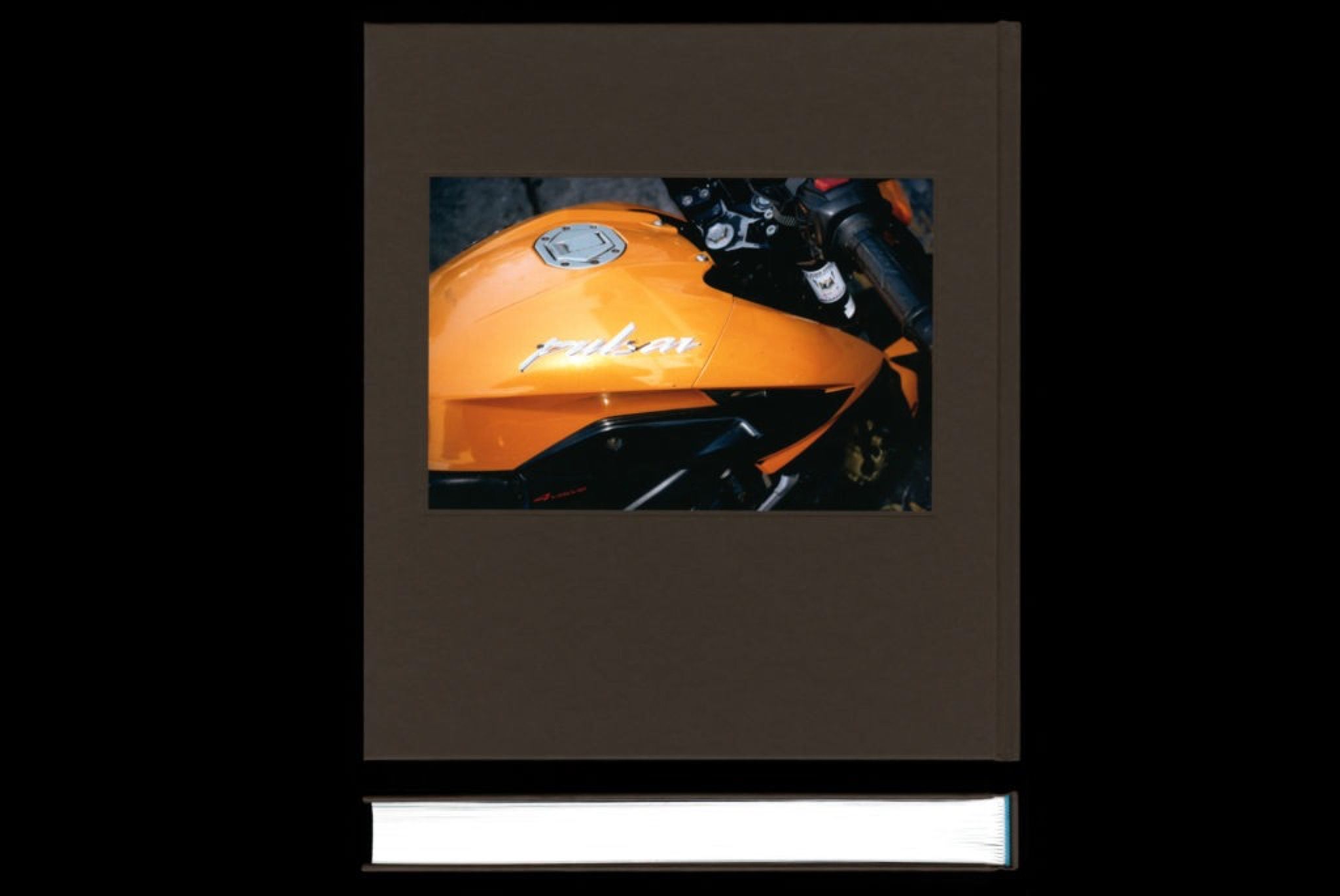
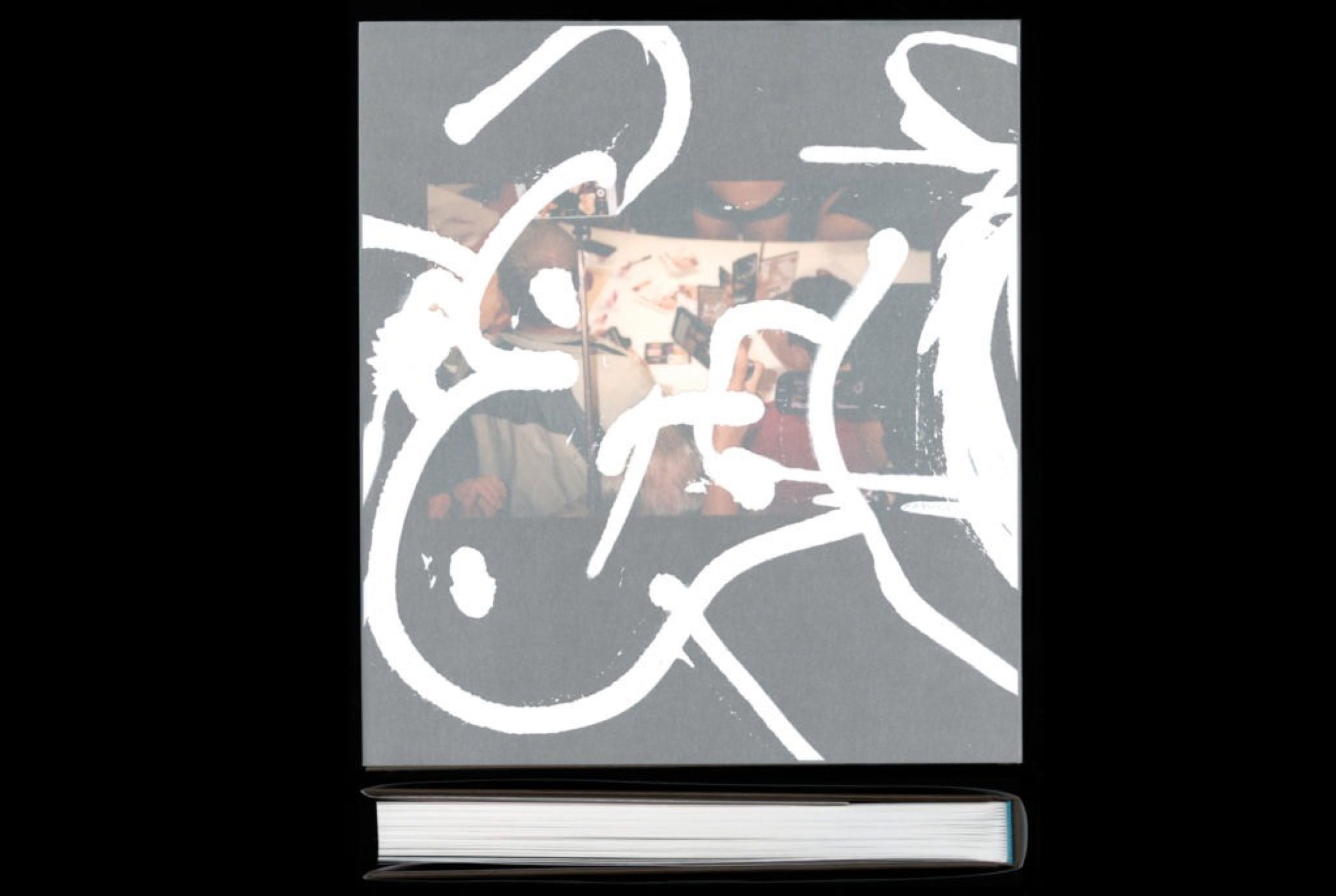
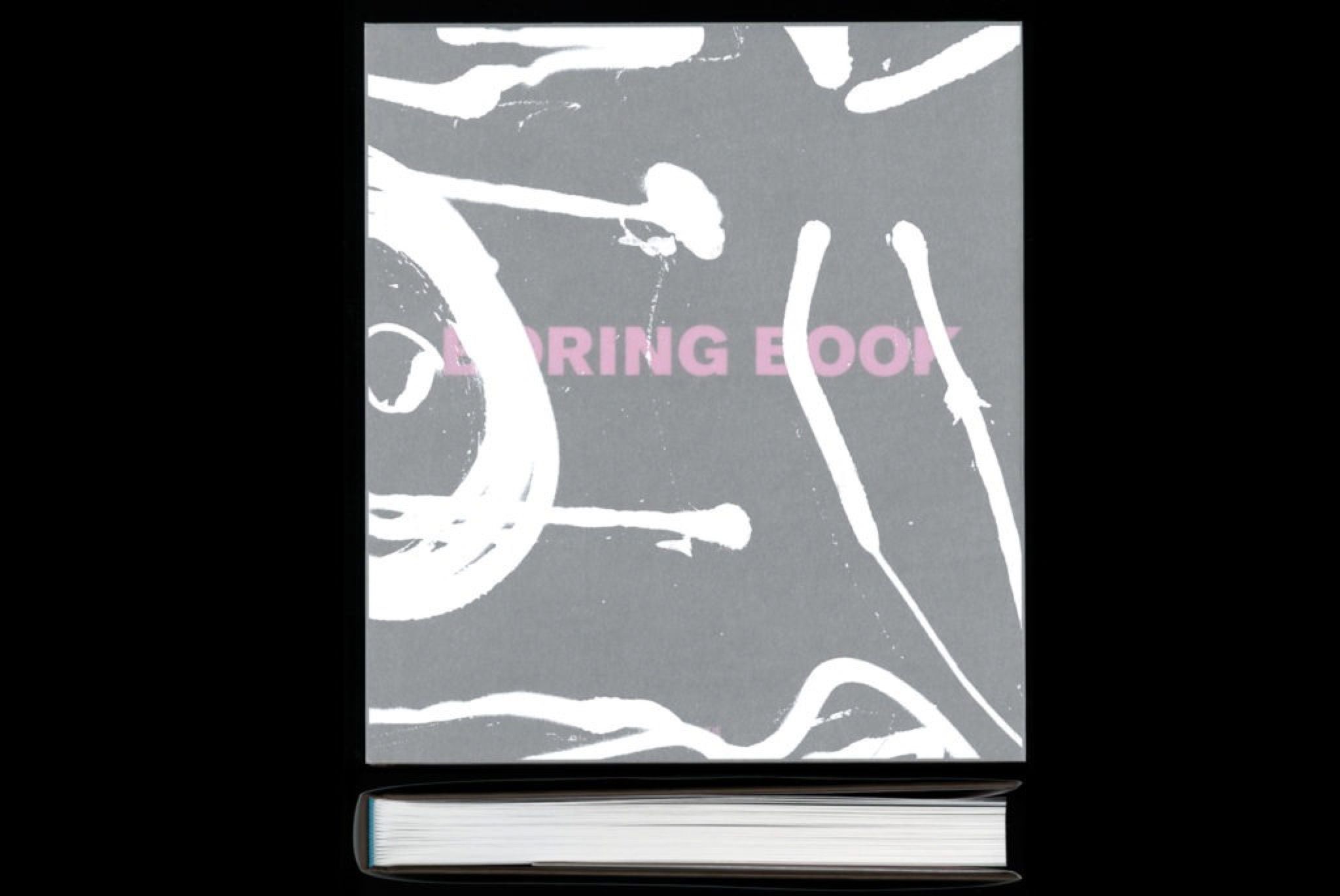
When asked if the subtle, fashion-divorced images in Boring Book are a form of protest against a life spent creating art in the service of luxury clients and consumption, or a conceptual extension of the “post-soviet” label that has followed Gelwich throughout his career – he resisted. “I don’t know who came up with this ‘post-soviet’ shit. Europeans basically just discovered that the Soviet Union has a nice aesthetic and translated that to fashion. But that aesthetic is the aesthetic of my heritage.” Boring Book is a kind of resistance, albeit an internal one, waged against Gelwich’s own perfectionistic tendencies and obsessive drive to become “better, better, better” at his craft. He assesses his past accomplishments with scrutiny. “Ten years into this, I’m finally starting to understand what I like, what I want and what I’m going to do in the next few years,” he said. “It’s only just now getting interesting.”
The tidbits of Gelwich’s quotidian existence on display in Boring Book provoke some timeless philosophical prompts. Why do we equate meaning with value? And what happens if we abandon our search for it entirely? In speaking with Gelwich about his new project, I was confronted with my own compulsion to narrativize – and challenged to interrogate it. When asked about the significance of the recurring Twinkie motif, Gelwich responded with a laugh: “Sometimes the answer really is so simple. And that’s the beauty of it.”
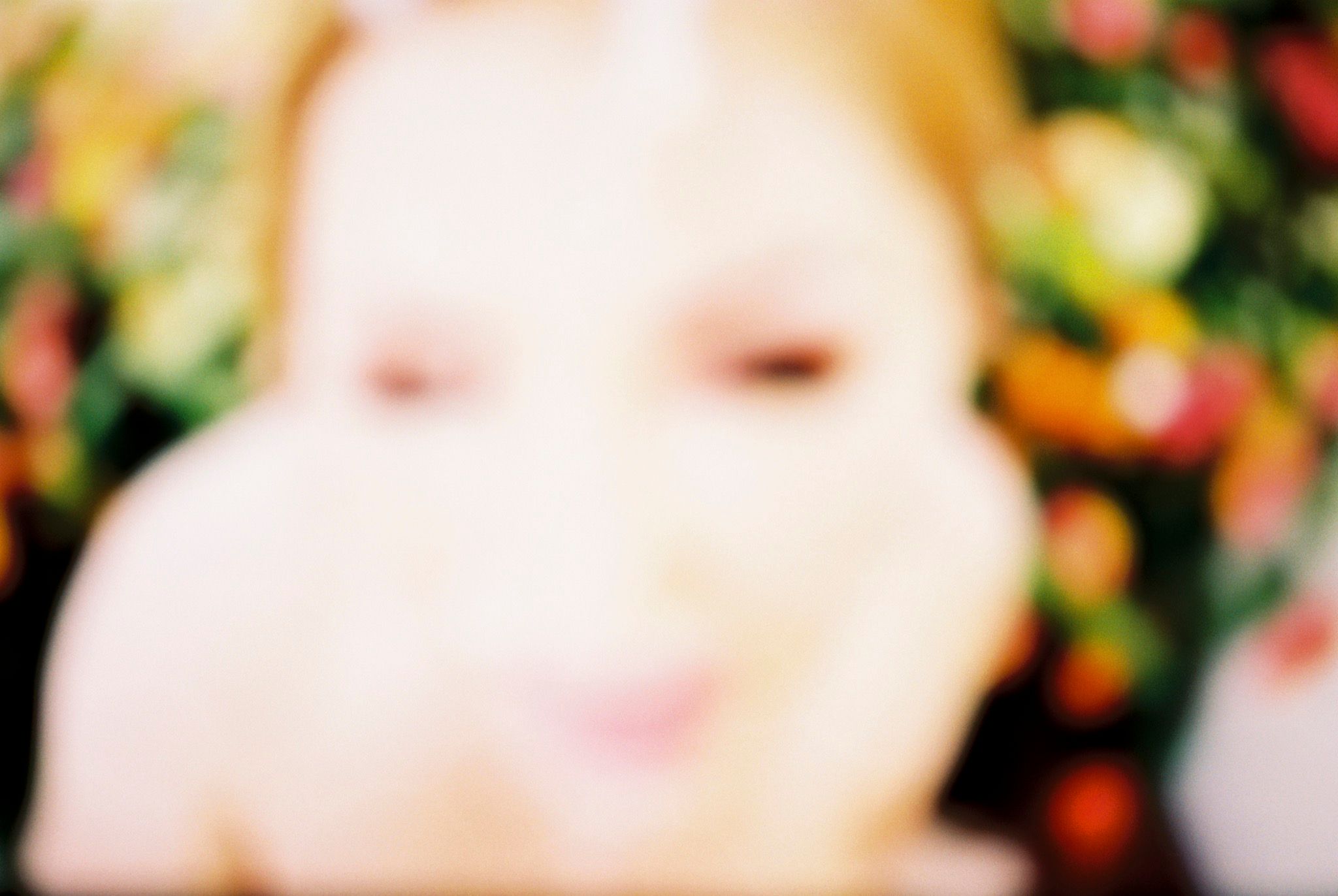
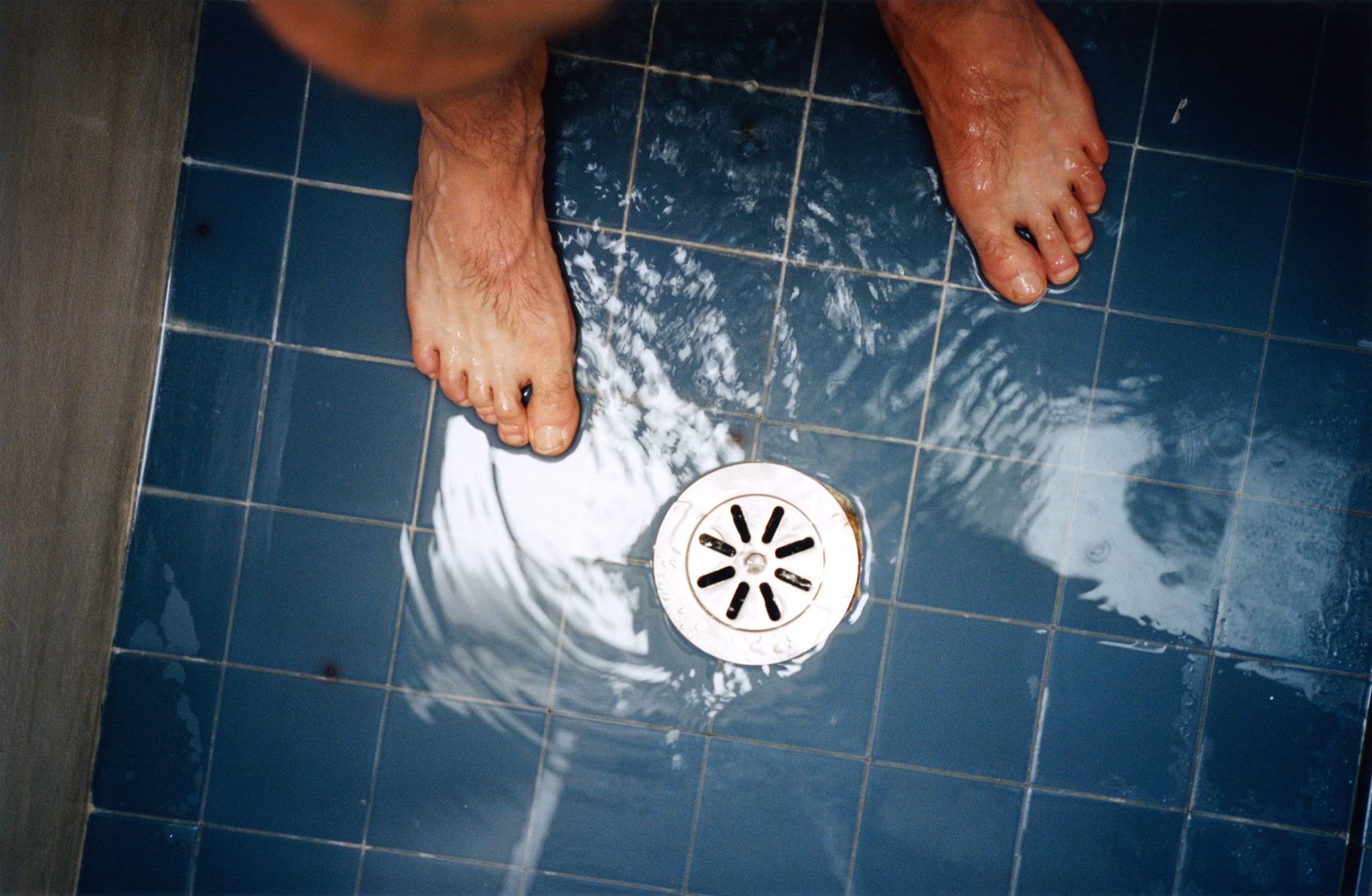
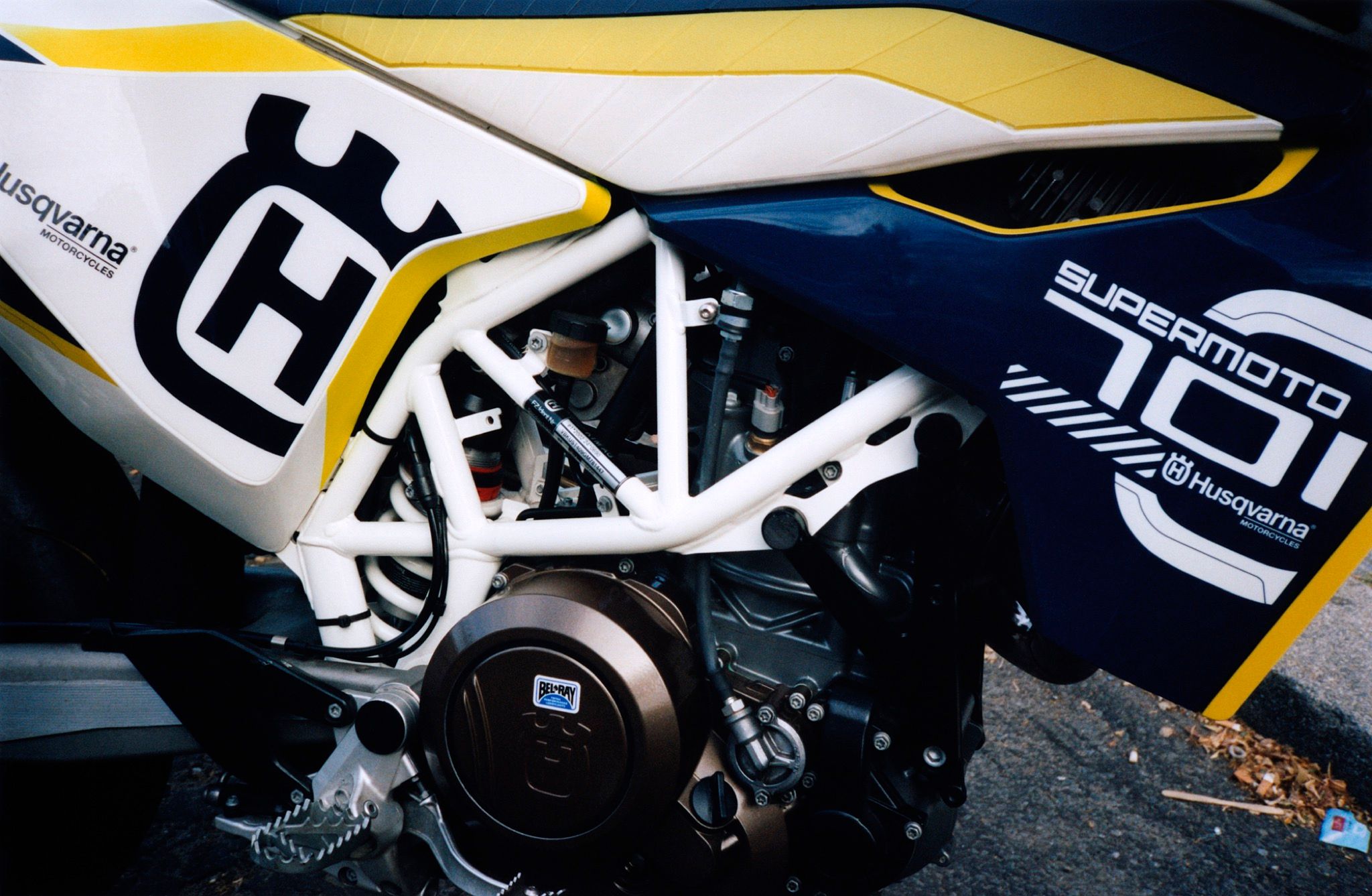
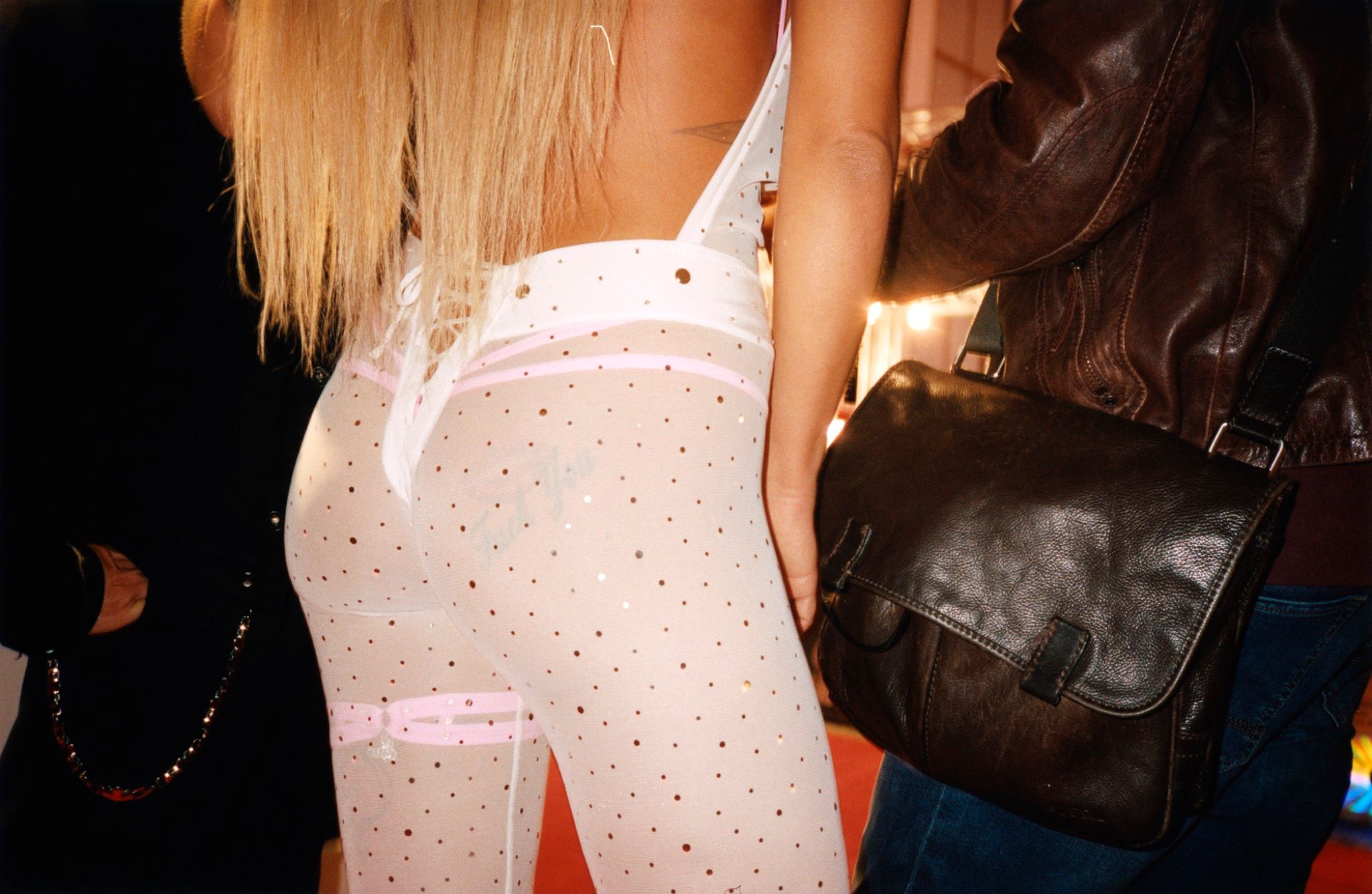
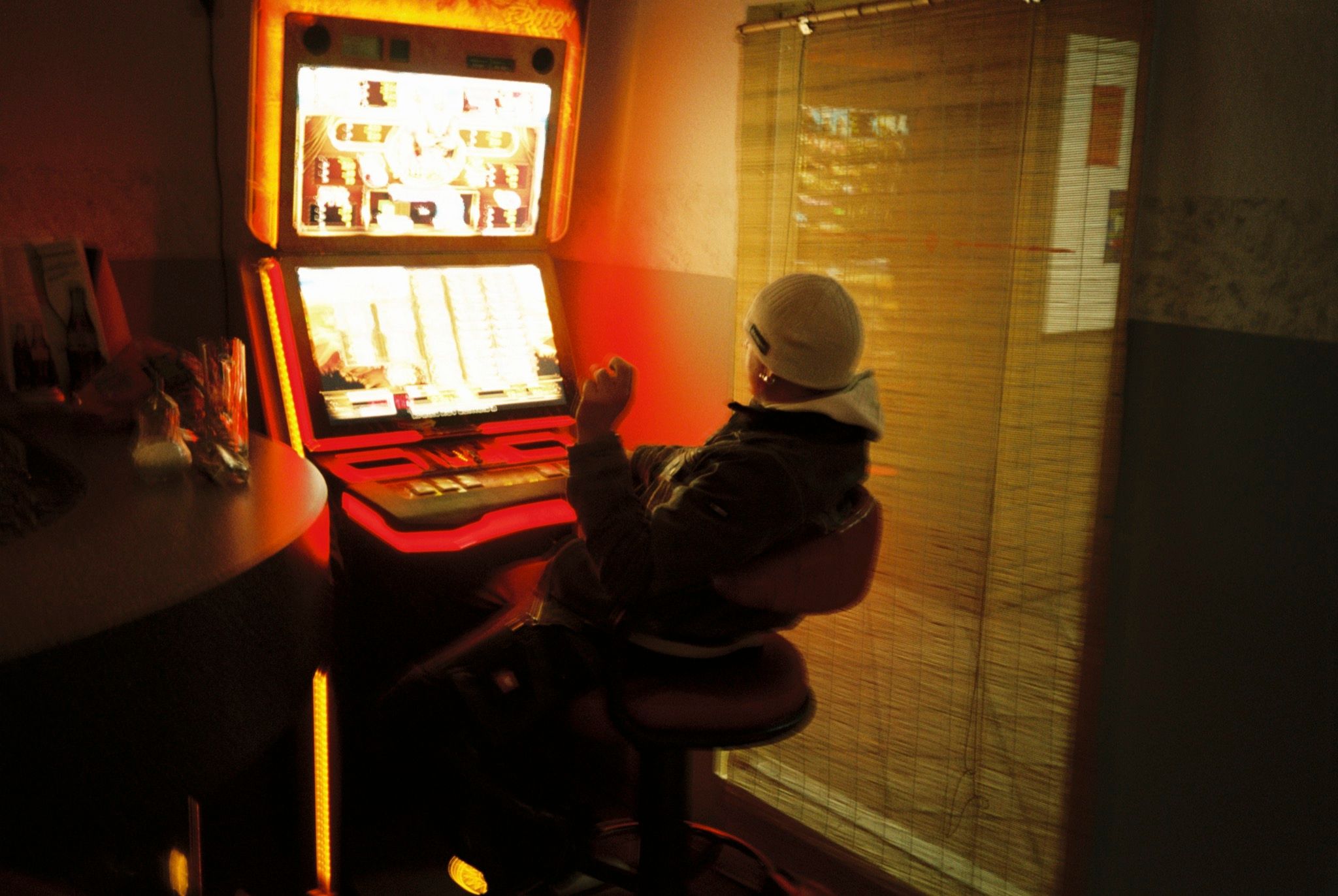
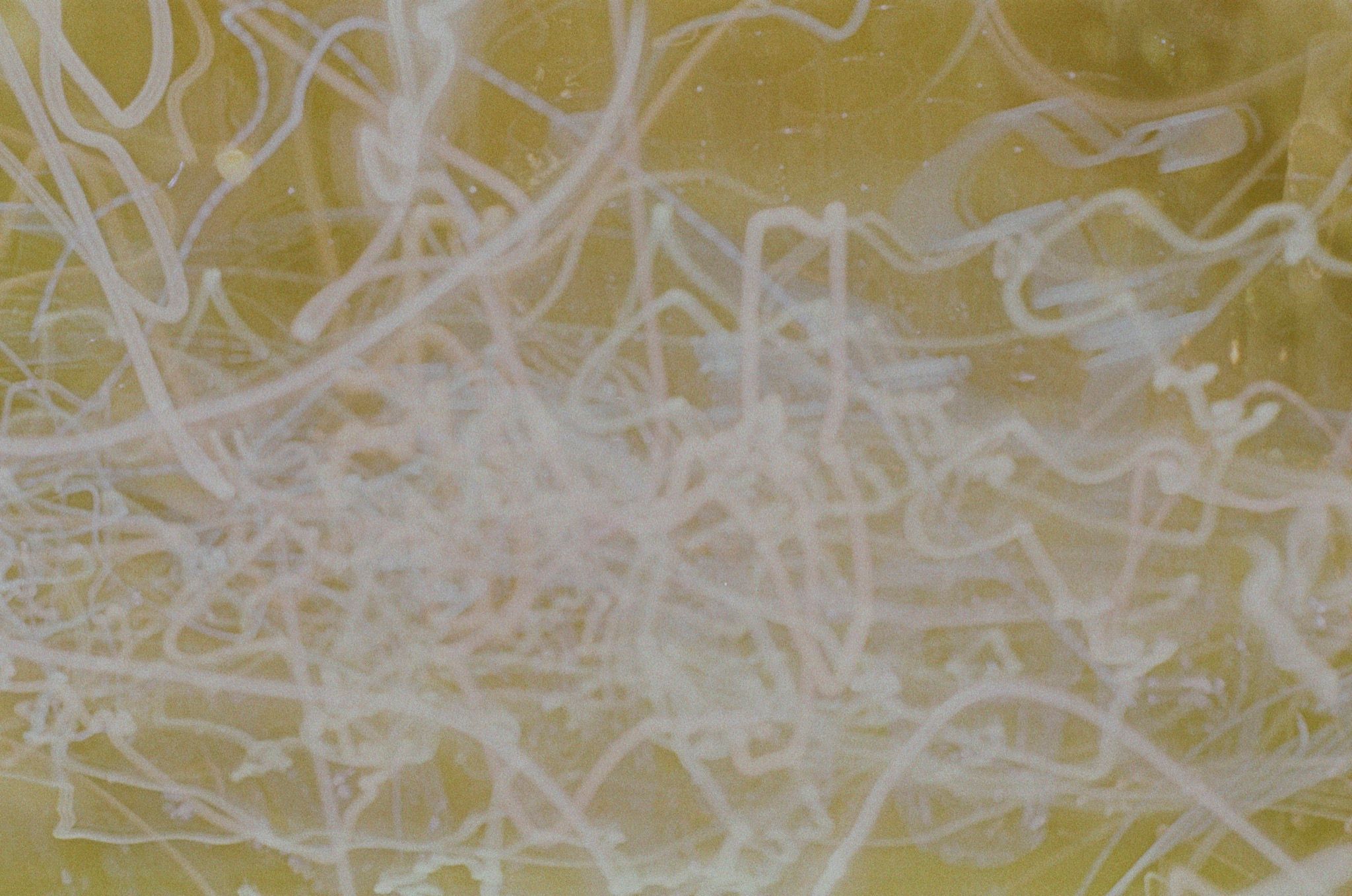
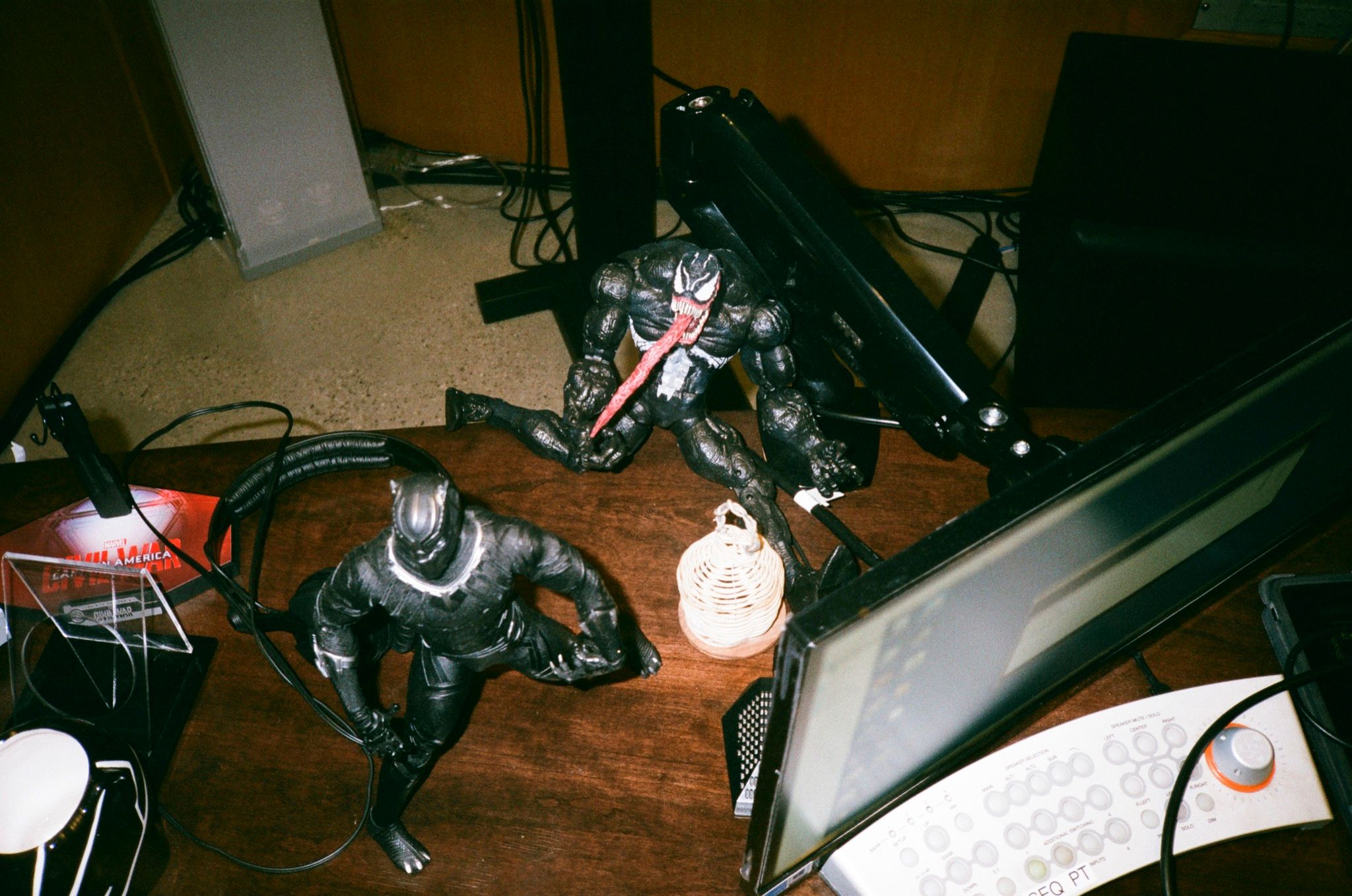
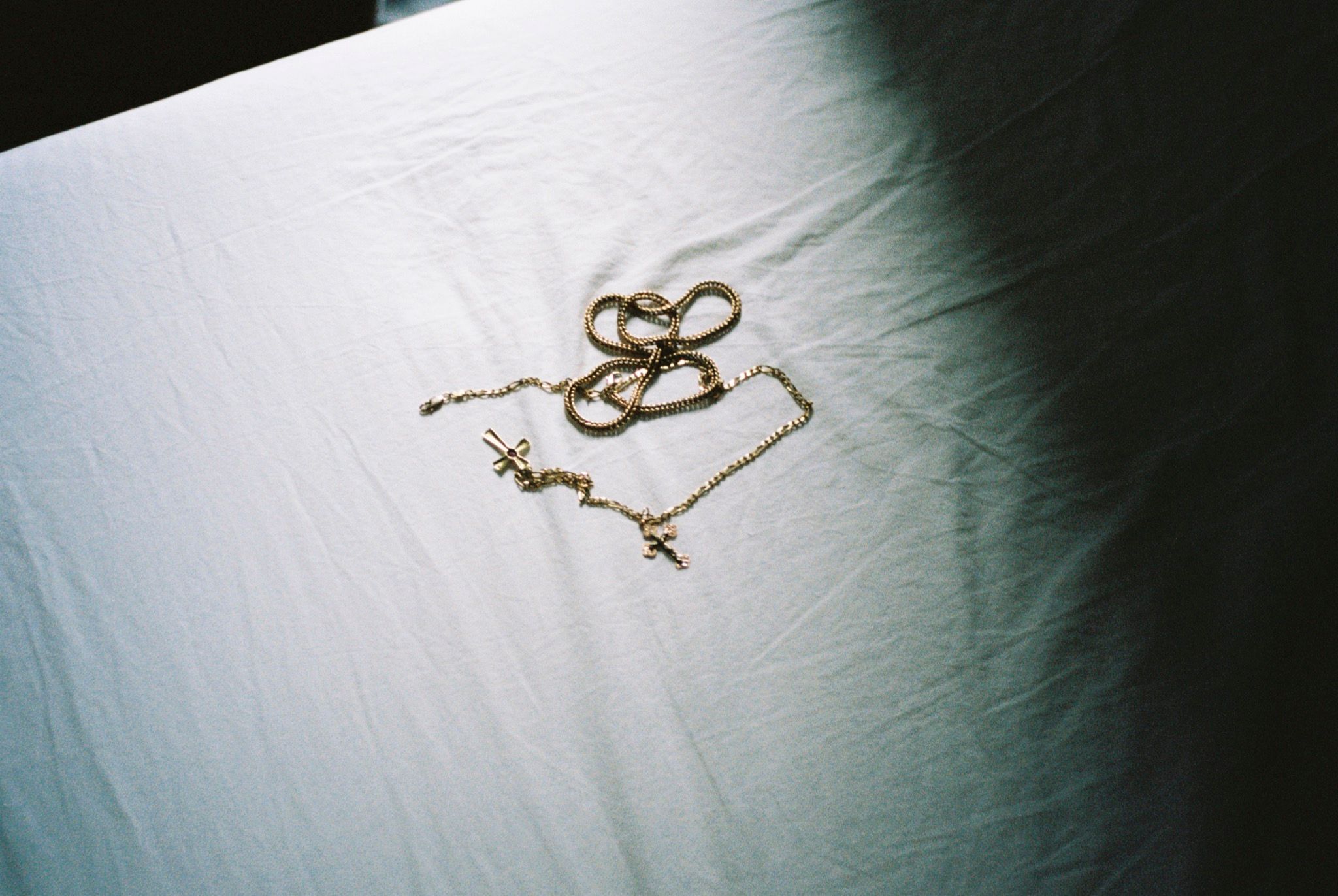
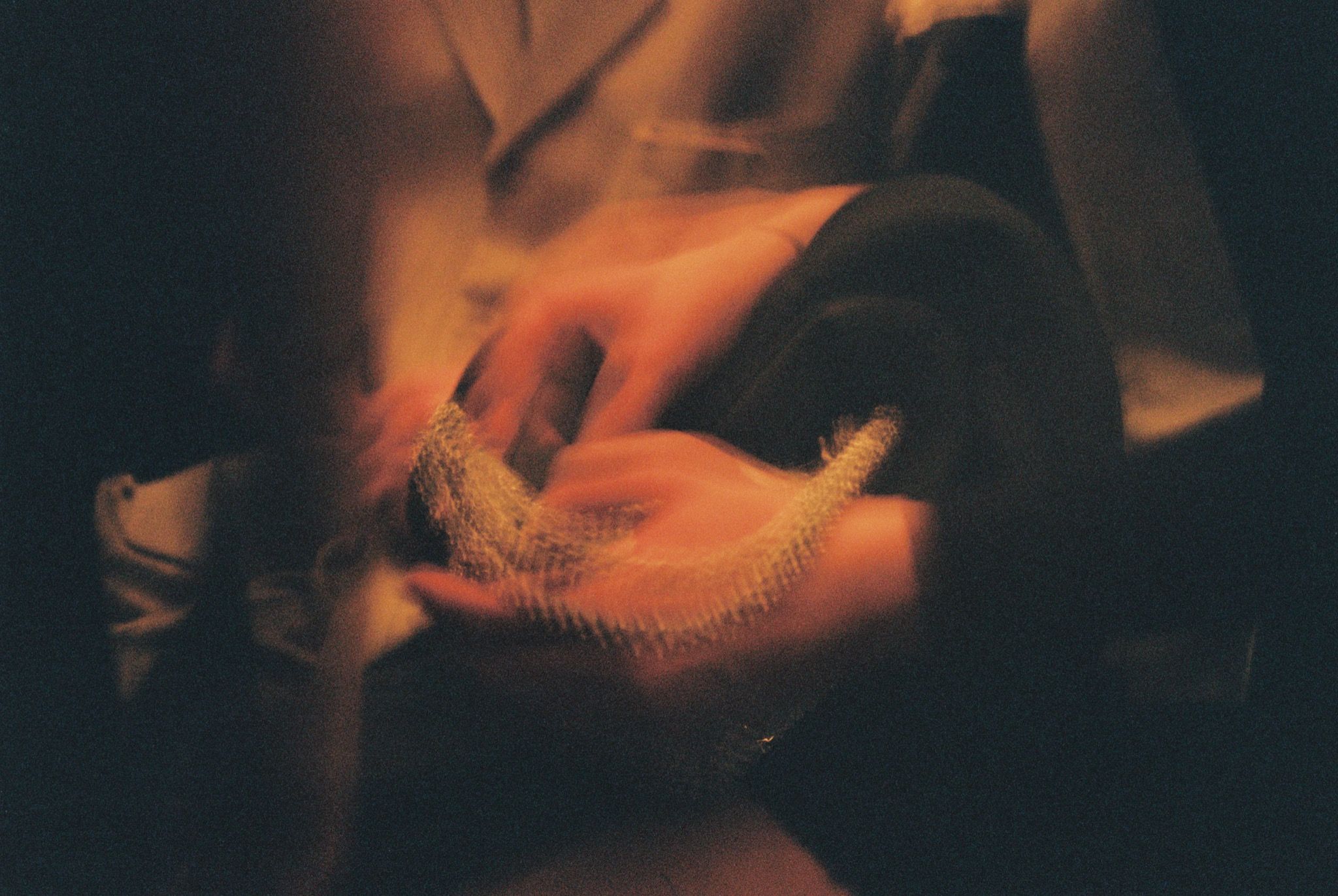
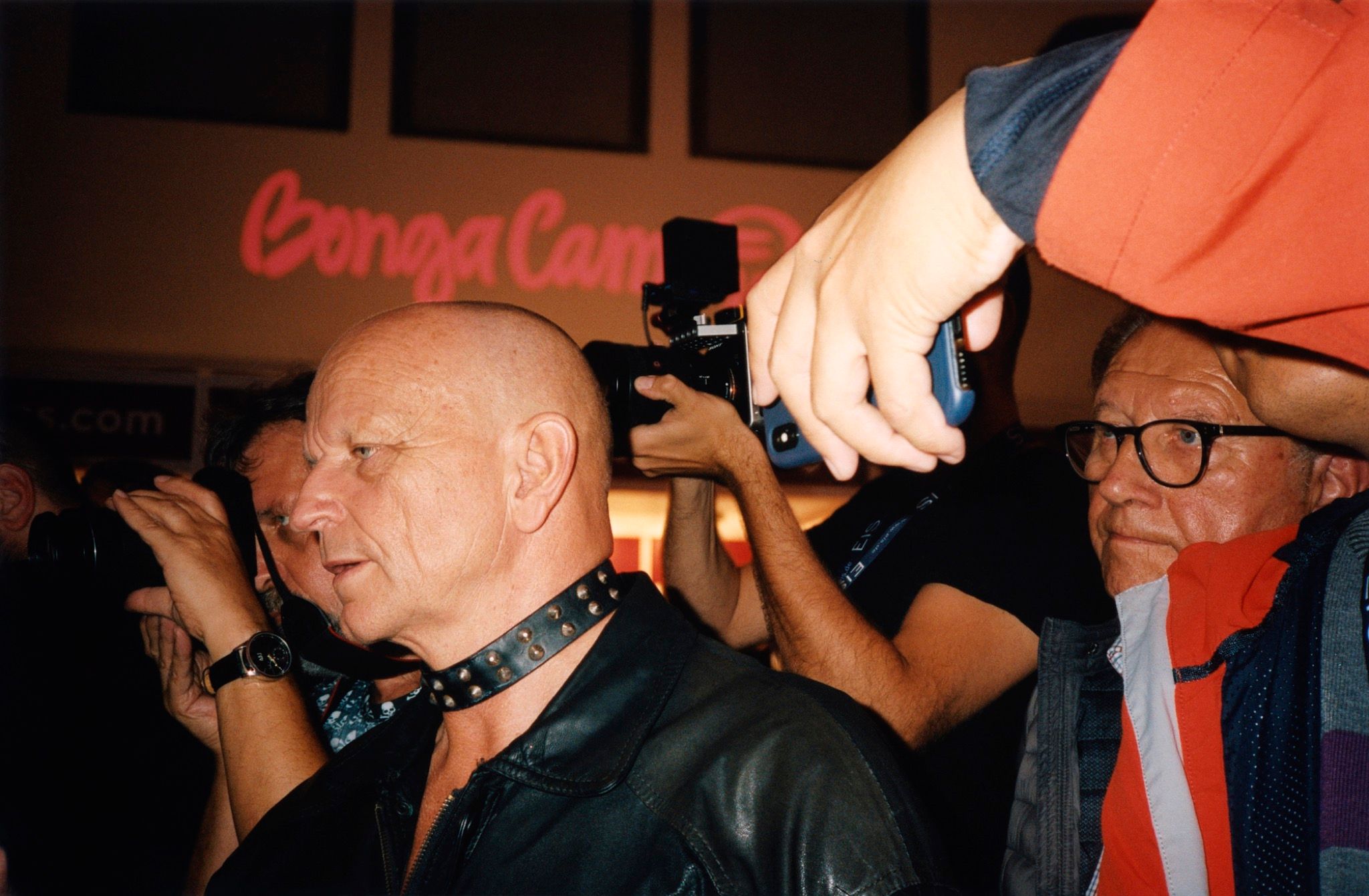
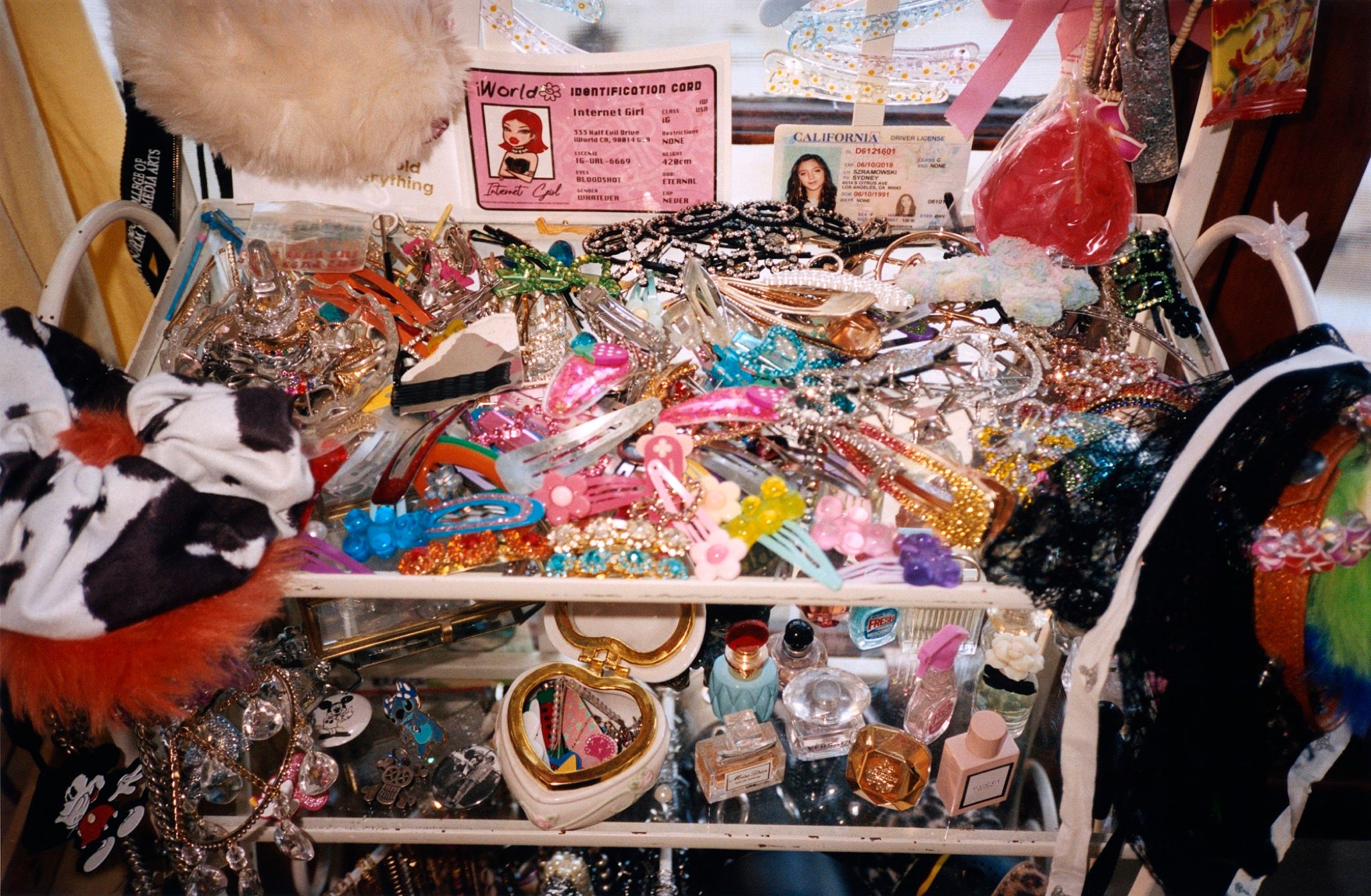
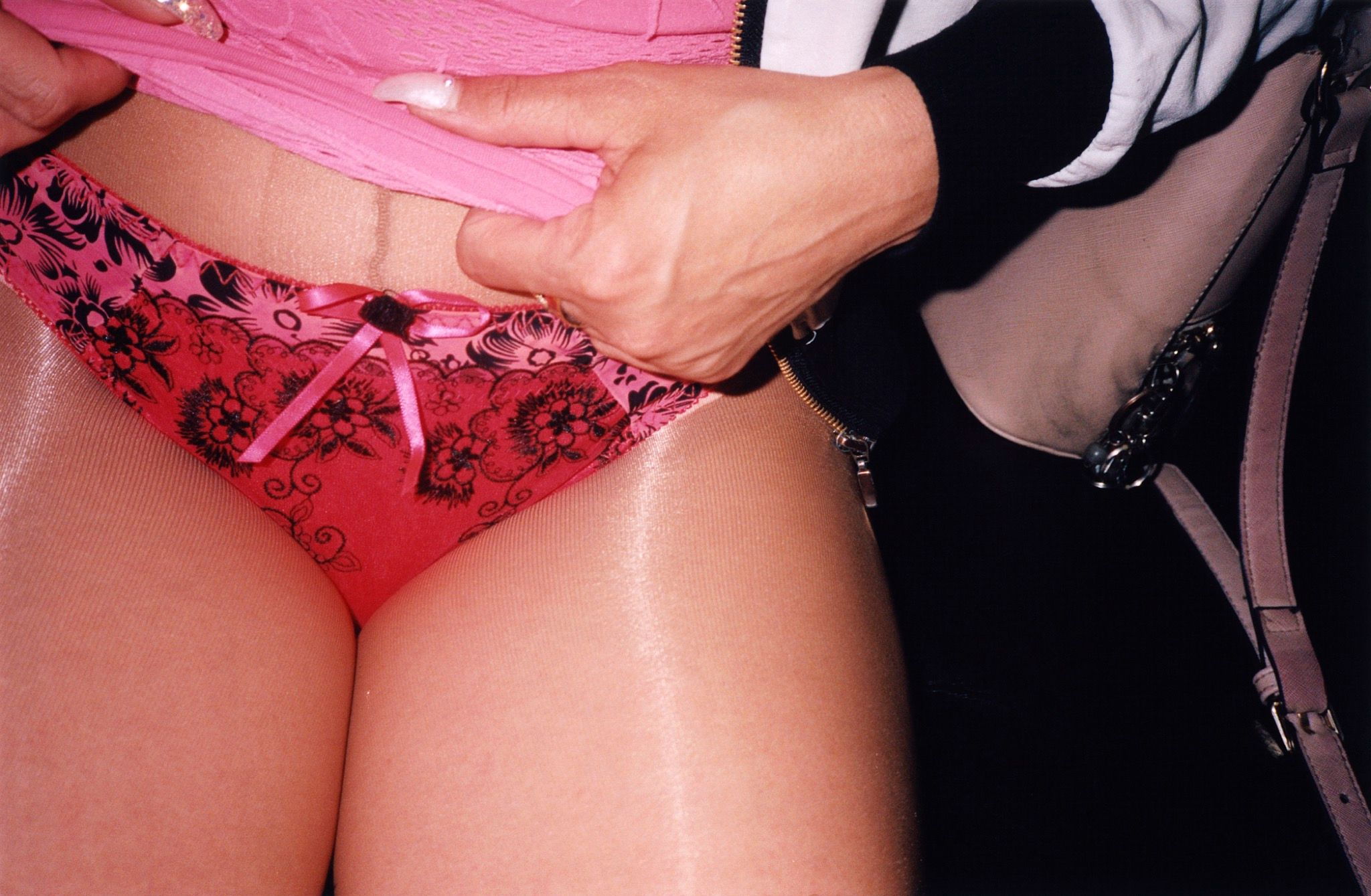




Credits
- Text: Cassidy George
- Photography: Vitali Gelwich
